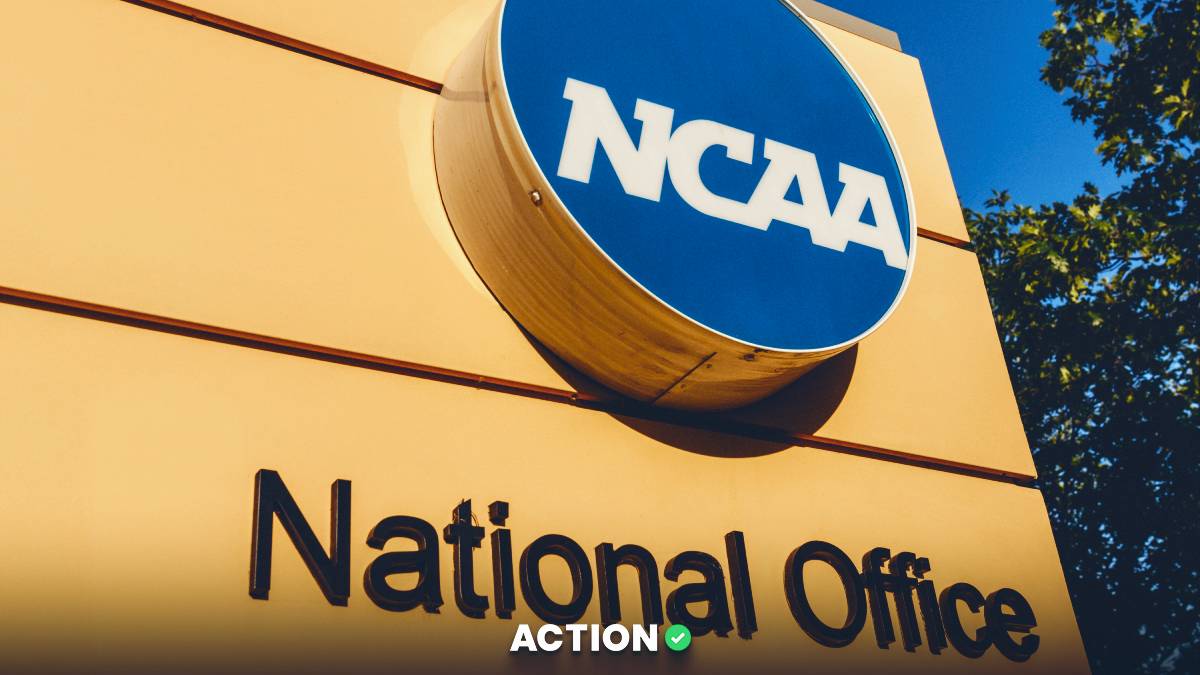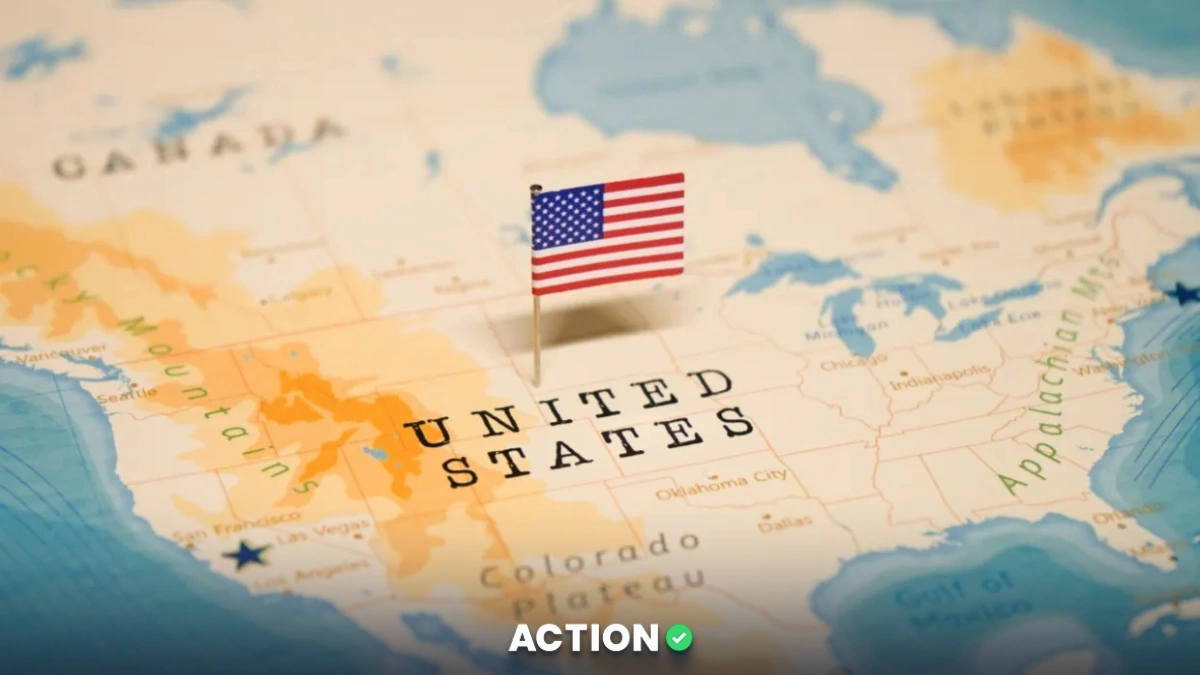It may not be long before Bryce James has the opportunity not just to watch his father, LeBron James, play in the NBA, but also to place bets on his games.
As a freshman basketball player at the University of Arizona, Bryce represents a new generation of student-athletes who might soon experience changes in the NCAA's approach to sports betting.
In a groundbreaking move, the NCAA Division I Administrative Committee has advanced a proposal that could fundamentally reshape the relationship between college athletes and sports gambling.
For the first time, a proposal has been adopted that would allow college athletes and athletic department staff to place bets on professional sports. It's a decision the committee has been mulling over for a while now.
This is a significant shift in thinking by the NCAA, aligning the betting regulations for student-athletes more closely with those governing other college students, while maintaining stringent safeguards around college sports themselves.
The oversight will move from abstinence to responsible gambling. The move also comes as lawmakers push for ways to minimize the risks associated with legalized gambling.
The History of Betting and College Athletes
Gambling in sports has long been a contentious issue, especially within the realm of college athletics.
Historically, the NCAA has enforced strict bans on any form of sports wagering by student-athletes and athletic staff. The fear has always been that gambling could undermine the integrity of collegiate competitions and exploit young athletes.
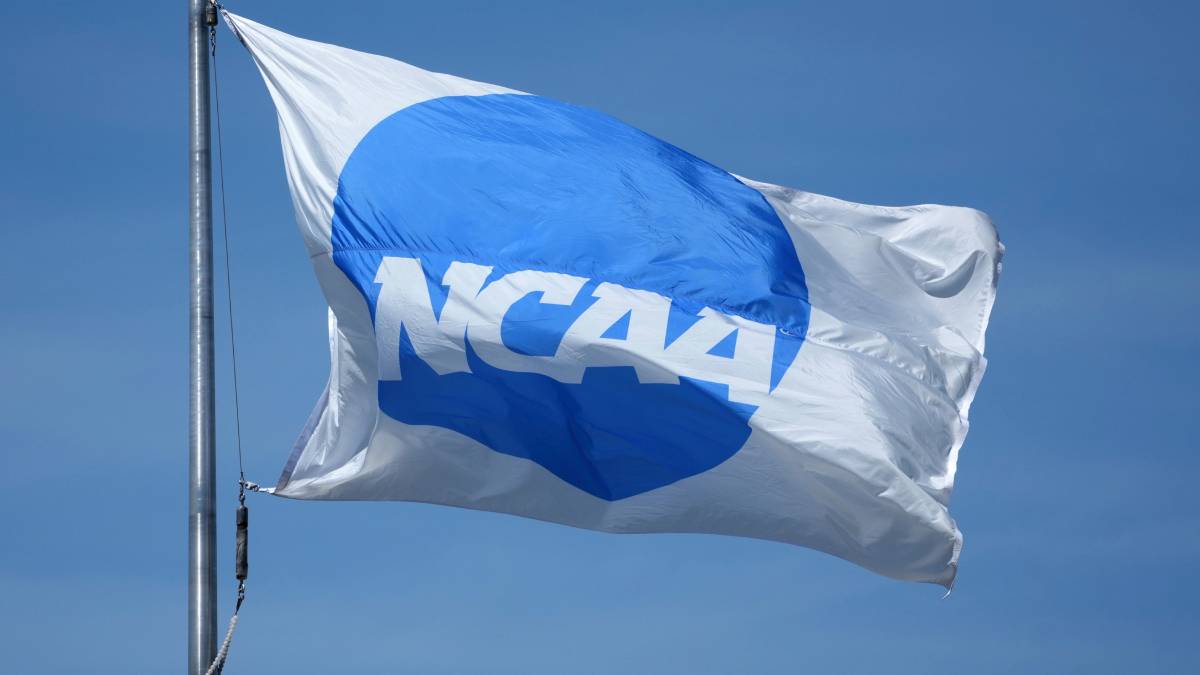
Over the decades, this stringent stance has seen little change, despite evolving societal attitudes toward gambling and the increasing legalization of sports betting across various states.
However, as the popularity and accessibility of sports betting have grown, so too has the recognition that outright bans might not be the most effective way to handle the issue. The traditional abstinence-only approach has faced criticism for its lack of flexibility and perceived ineffectiveness, with conversations around harm reduction and education gaining traction in recent years.
According to NCAA data, nearly 22% of male college athletes have placed a sports bet in the past year, which means roughly one in five have done so.
Details and Implications of the NCAA Proposal
The newly adopted proposal marks a significant yet cautious step.
The rule change will allow gambling on professional sports only, with the firm prohibition on betting on college sports remaining intact.
Furthermore, it continues to restrict student-athletes and staff from disclosing any insider information about college events to bettors, and bars NCAA Championship events from accepting sportsbook sponsorships or advertising.
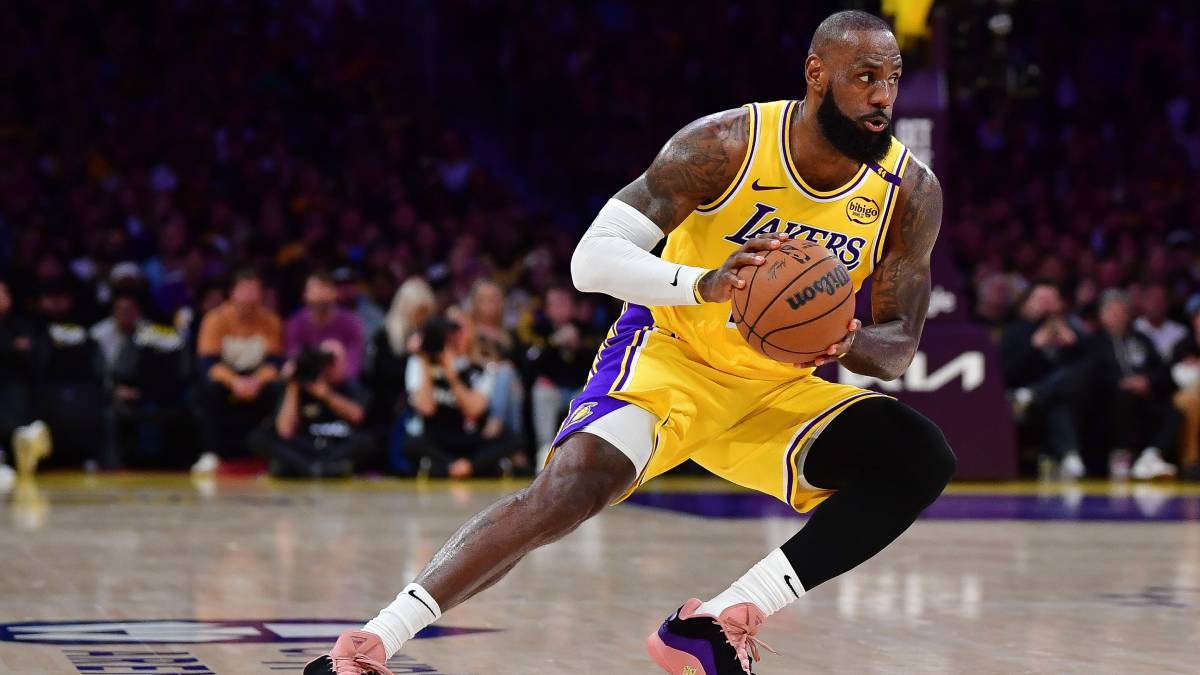
Before becoming official policy, the proposal must be ratified by the administrative committees of Divisions II and III, with decisions on these pending by the end of October. If approved, the regulations could be in effect as soon as November 1, 2025.
While not promoting gambling, the NCAA views the rule change as a modernizing effort designed to provide better oversight of activities that could jeopardize the fairness of college sports. Moreover, the shift is seen as a nod to the realities faced by today's student-athletes, with education and support systems taking precedence over punitive measures.
The Focus Shifts to Educational Efforts
The NCAA’s move has garnered support from the Division I Student-Athlete Advisory Committee, which advocates for a cultural shift that emphasizes education about betting risks rather than mere punishment.
As Dr. Deena Casiero, NCAA chief medical officer, stated: "Abstinence-only approaches to social challenges for college-aged individuals are often not as successful as approaches that focus on education about risks and open dialogue."
The NCAA is committed to equipping student-athletes with the resources needed to make informed decisions.
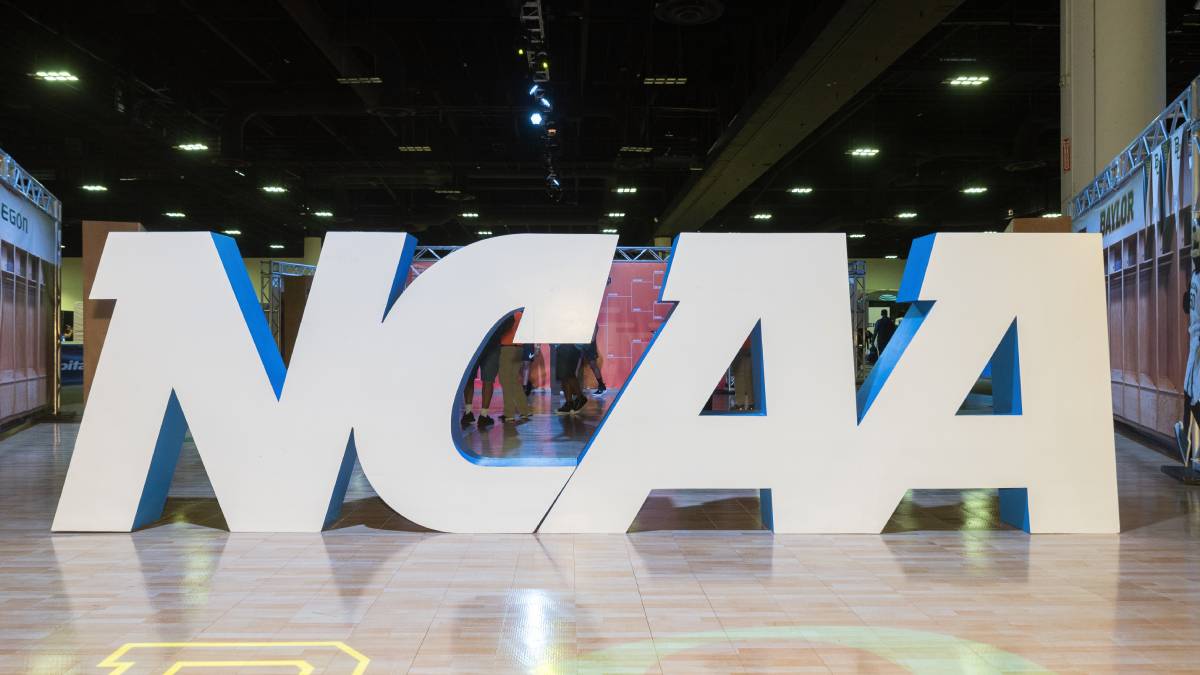
This includes the NCAA Sport Science Institute's recent release of "Harm Reduction Considerations for Gambling & Sports Betting in Collegiate Sports" and e-learning modules on problem gambling that have reached participants globally.
These efforts are underpinned by ongoing research into gambling behaviors among student-athletes, a critical component of the organization’s strategy to monitor and safeguard the integrity of collegiate sports.
"The NCAA will continue to collaborate with schools to help them provide student-athletes with meaningful education and other resources for student-athletes who choose to participate in betting on professional sports. This harm reduction approach gives schools an opportunity to help student-athletes make educated decisions, prevent risky behavior, and seek support without fear of impacting their eligibility," Dr. Casiero said.
NCAA Trying to Balance Tradition with Modernization
As the landscape of sports betting continues to evolve, the NCAA's proposal reflects an effort to balance tradition with the need for modernization.
By focusing on education and responsible engagement with legalized sports betting, the NCAA hopes to uphold the integrity of college sports while providing meaningful support to its athletes. Whether this new approach will effectively navigate the complex interplay between college sports and gambling remains to be seen, but it marks a pivotal moment in the ongoing dialogue.


